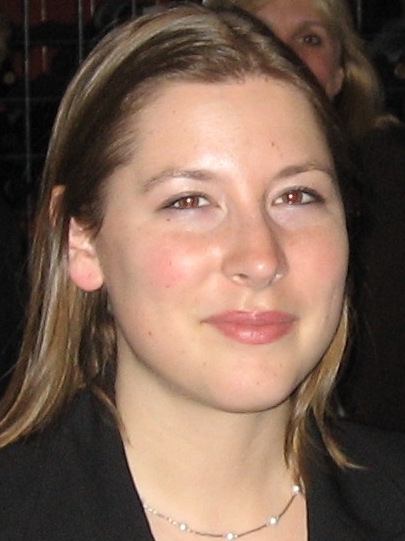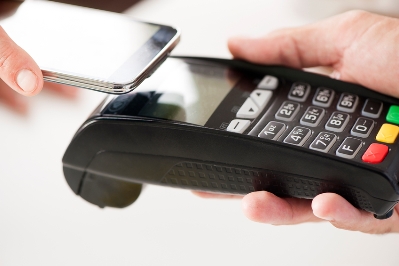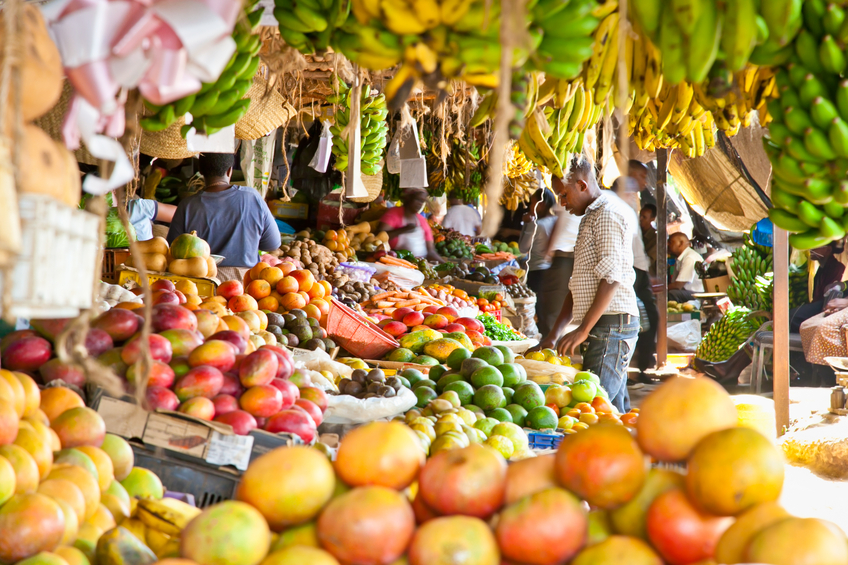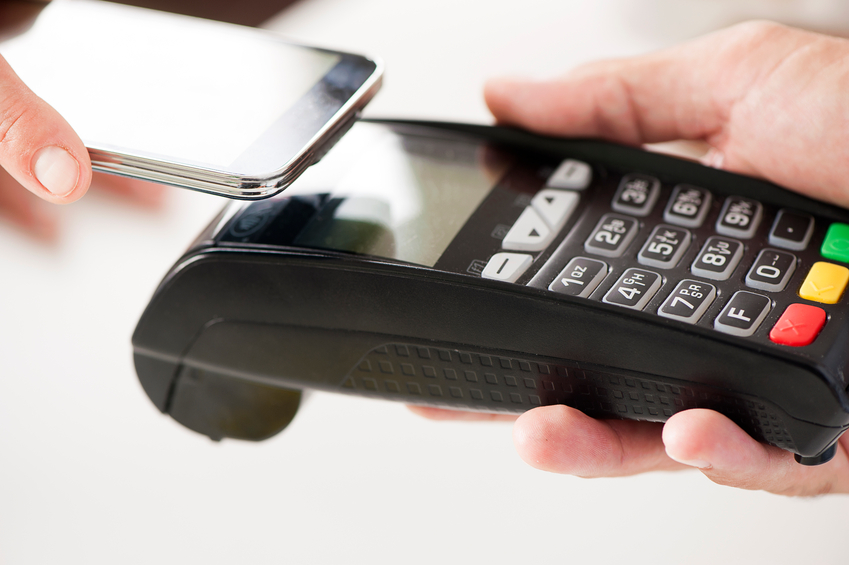Imagine you’re a grocer in Tanzania. The sun sets, and you’re forced to close shop because you—like the majority of those in your country—have no electricity. Then a mobile money loan gives you access to a solar battery, which allows you to charge your phone while keeping the lights on in the evening. You pay for the power you need on a daily basis. You expand your hours. Earn more money. Your child returns to school.
“This innovation brings me back [to my teenaged years],” Kosta Peric recently shared during a FinTech Insider interview. The head of the Level One Project for the Bill & Melinda Gates Foundation spent his youth in Africa, where his father worked as a geophysicist for the United Nations. “I remember in Burundi, you didn’t buy a pack of cigarettes; you bought one cigarette. So this notion of…’just what you need’ sachet-type of financial transactions is really what we are looking at.”
Level One gives the poor in Africa and South Asia access to digital payment platforms. As Kosta spoke about the powerful ecosystems he’s deploying, I kept thinking, ‘These countries are innovating out of necessity.’ But actually, what we’re talking about—the need for seamless, cost efficient banking platforms that serve the needs of customers—is incredibly relevant in the UK.
Mobile Payments
Data proves that financial systems pull people out of poverty, but the systems have to be adequate. “If somebody has to walk 10 miles to get to the bank branch to be able to do any transaction, obviously that’s not adequate,” Kosta emphasized. “If you have to pay a bus driver to ship some cash, it’s not adequate.” What is adequate—and a huge technology enabler, is “the availability of GSM signal and mobile phones.”
In all the African and South Asian countries in which the Gates’ Foundation operates, there’s more than 85 percent mobile signal penetration, even in the rural areas. Most people have simple phones that call and text—adequate enough to manage basic financial systems, like Bangladesh’s bKash, used by migrant workers to text money home.
And yet such basic capabilities are unavailable to customers in the US, where Kosta moved three years ago. “I was actually surprised by the relative difficulty to pay for certain things in the United States.”Why not make payments as easy as sending a text, as they do in Bangladesh?
Digital Identity
 In a market where you might not ever have a passport, and you’re never going to see a branch, you need a different business model, and a better, more digital solution for identity.
In a market where you might not ever have a passport, and you’re never going to see a branch, you need a different business model, and a better, more digital solution for identity.
In India, systems like Aadhar use fingerprints and iris scans for biometric authentication, which has provided identity to more than a billion people. What’s also needed, according to Kosta, is tiered KYC, where it’s ok if you don’t know a lot about a person for basic transactions. Bring them into the system, get to know them, and then they can progress into higher tiers.
At almost zero risk and marginal cost, why not let these people transact? Well, if the regulators insist that somebody walk the 10 miles to the branch before they can send money on their phone, the whole thing is pointless.
The Gates Foundation is well placed to influence regulatory change that could create better outcomes for people, but this doesn’t mean CSR.
“This is about making sustainable systems over time that can serve the poor [and] also make money for the provider,” Kosta said.
Open Sourcing
Change requires more than technology. In fact, this is more about a way of thinking, Kosta said. “We are talking about, at the end of the day, a utility that would benefit from an open source model.”
While Kenya’s mobile banking service M-PESA was able to achieve one-off success as a single player, usually you’d see more groups pooling together, Kosta said, “a little bit like the banks pooled together to manage ATMs or the telcos pooled together to manage antennas. The Level One Project is fostering this thinking of a shared utility, especially for things like fraud management. To do it as a provider…it’s not going to bring you any competitive advantage…so why spend money on it? Why not pool together?”
It’s almost like a utility version of PayPal with SMS on the front of it. You use SMS, but there might be five or six telcos in every country that actually run it. An interoperable roster of players that have the distribution to reach the poor.
“At the end of the day, [it’s about] trying to reach these instantaneous, real-time super low-cost transactions that is settled between end-users and providers as fast as possible,” Kosta said. “I like to call this innovation frugal… done with huge amounts of I.Q. but not necessarily huge amounts of money. And if you think about it, if you achieve this…well, then, why would [the UK] use a different way?”
 The full interview with Kosta Peric can be found in episode 113 of FinTech Insider which can be found here.
The full interview with Kosta Peric can be found in episode 113 of FinTech Insider which can be found here.
About the Author: Sarah Mikutel, CMO; Sarah is Chief Marketing Officer at 11:FS. For more than a decade, she’s honed her strategic communications and marketing skills at some of the world’s best brands, including Apple and Barclays. She loves rolling up her sleeves, crafting a good story, and collaborating with people to create positive change for business, customers, and society.
























